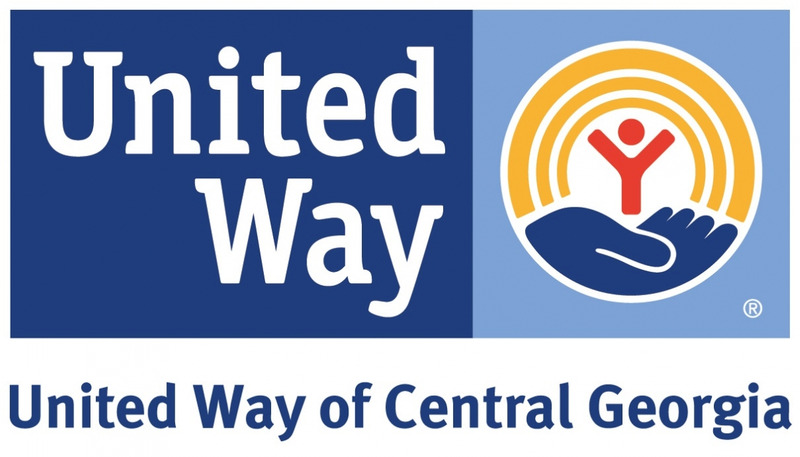This month, United Way of Central Georgia celebrated “211 Day” with the launch of a new, easy to navigate website: 211.org. “From hello to help: 211 is here” signifies that through 211, people have access to a real person who will help them find and navigate services.
United Way, its donors and corporate partners have increased investment in 211 to meet the changing needs of communities everywhere in the face of COVID-19. Serving as the go-to information hub in 31 states during 2020, 211 call volume surged between 300-400% over the previous year. 211 agencies responded to more than twenty million calls from those seeking help across the country with urgent needs including financial assistance and mental health supports. Issues addressed by 211 often serve as a bellwether for emergent needs at the community level. The most frequently requested 211 topics of 2020 have been:
- Rent and utilities: The cost of housing in the U.S. has been steadily increasing in recent years, especially in major cities. Given broader economic impacts, families that do have housing are struggling to regularly pay utility bills.
- Health testing and vaccination support: Every year, 211 specialists make more than 1.7 million connections between people and health care providers, health insurance options and medical bill assistance. This year, 211 is playing a critical role in navigating the complexities of accessing accurate COVID-19 information about testing and vaccination sites.
- Housing support: Millions of people in the U.S. are unable to find or stay in safe, accessible housing and over 500,000 are homeless. 211 helps people find emergency shelter, avoid homelessness, and find help staying in their home.
211 provides callers with information about and referrals to social services for every day needs and in times of crisis, providing resources and supports such as:
- Basic Human Needs Resources – including food and clothing, shelters, housing, utility assistance.
- Children, Youth and Family Support – including childcare, after school programs, educational programs for low income families, family resource centers, and recreation programs, mentoring, tutoring and protective services.
- Disaster Response and Recovery – works with the emergency management team during a disaster to offer support and place for dissemination of information.
- Employment Supports – including job training, employment services, transportation assistance and education programs.
- Mental Health and Health Resources – including counseling, support groups, drug and alcohol treatment, health insurance programs, Medicaid and Medicare, maternal health resources, health insurance programs for children, medical information lines, clinics, and hospitals.
- Older Adults and Persons with Disabilities – including adult day care, community meals, respite care, home health care, transportation, and homemaker services.
- Volunteer Opportunities and Donations – Individuals who wish to donate time, goods or money to community organizations can find this information by dialing 211.
Designated in 2000 by the FCC to connect those in need with community-based organizations and agencies, 211 has proven to be indispensable during this unprecedented pandemic year. 211 conversations are confidential and translation services are available for more than 180 languages.
